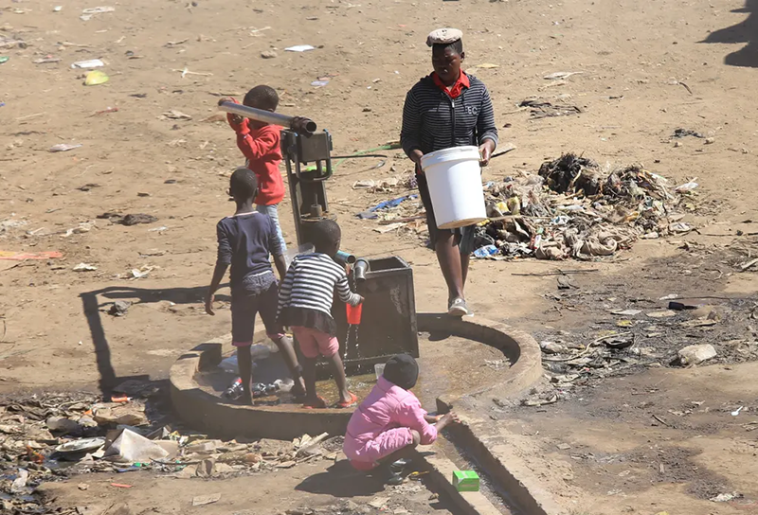By Alois Vinga
A Zimbabwe Economic Society (ZES) consultant, Doctor Tichaona Zivengwa, has warned that the 2023 National Budget lacks adequate safety nets to protect the vulnerable citizens with indications they are likely to continue suffering going into 2023.
Addressing delegates at the recently held Confederation of Zimbabwe Retailers (CZR) post 2023 National Budget Review Breakfast meeting, Zivengwa said while there are some positives in the blueprint, the plight of the vulnerable was not adequately addressed.
“The budget assumptions are fragile. Vulnerable citizens will likely continue to suffer given the market orientation of the budget such as charging for some services in US$. Disbursements to social services ministries remain low and likely to affect poor citizens,” he said.
The expert said the budgeted funds for social protection can only cover a small proportion of vulnerable citizens.
“The IMMT was adjusted only for those transferring foreign currency who are likely to be better off, but the 2% affecting the poor has not been adjusted. Apart from this, an increase in VAT by 0.5% to 15% will further affect the transacting public.
Finance Minister Professor Mthuli Ncube presented national budget in November
“Retention of duty on basic commodity imports will affect the poor through possible local price increases,” said Zivengwa.
The expert also bemoaned the slow pace in achieving expenditure recommendations towards health, education and agriculture.
He also called for increased expenditure absorption of the budget to at least 80% by September of each year across all expenditure Votes amid concerns that there is a huge mismatch between funds allocated and the exact amounts disbursed.
“To address this, tax relief measures to ensure incomes above the poverty datum line must be enacted, such as reducing the IMMT on domestic money transfers by 100% to 1% as done with the one applying to foreign currency transfers which was reduced from 4% to 2% to reduce the burden on the poor.
“There is also need to renew the expired Statutory Instrument on suspension of duty on basic commodity imports to make these goods affordable to ordinary citizens and re-align the budget appropriations to achieve the15% Abuja declaration on health, the 20% Dakar Framework on education and the 10%,” added Zivengwa.

